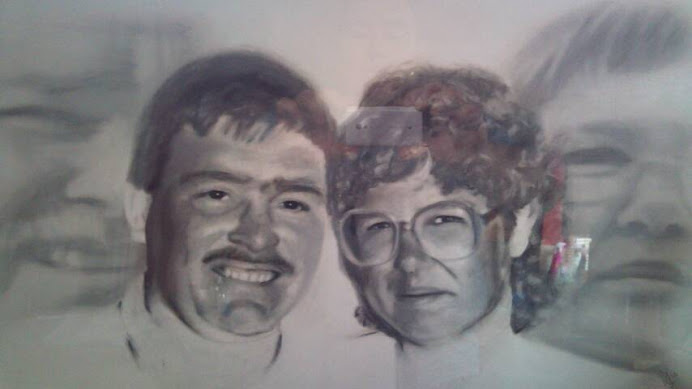28 July 2009
Zulu
What astonishes me about my Zulu studies, more than anything else, is how little I knew. Yes, I had a vague understanding of the horns and body formation of the main attack plan, and through conversations with Michael, I knew about herbs and rituals to prepare the warriors. Albeit Michael is from an Ashanti warrior tribe and not the Zulu region of southern Africa. Nevertheless, he tells a good story about his grandpa and the tin bath and his ritual immersion as grandaddy wanted him to experience the warrior preparation. That story ends with Michael's Mum chasing and shouting at the old man. Certainly a good beer story and one for the women, almost as funny as the 'stumbling into the elephant story' while out hunting. Maybe story telling is an African thing. It certainly engages the fairer sex, but of course story telling is an important part of maintaining a record and handing down the history. European encroachment into Africa brought with it a new dimension to the record keeping. But not necessarily a more accurate copy, as traders and others had their own agenda when relaying the story relevant to tribe or leaders concerned. Much of that approach was about how to secure land and resources for further exploitation. So, genuine people who cared for their kin were portrayed as the devil. Military defeat was blamed on poor hardware or lack of resources. It was difficult for the European to accept that the native Zulu warrior were better prepared, better fighters, and often had better leaders. Warriors who adapt to the terrain, and could plan with expertise. There are examples of European and Boer cavalry being drawn onto land that was unsuitable for the horses but enabled the Zulu to rush forward on foot with great success. Engagements, where the Zulu picked the terrain to channel superior resources into small openings and the effective use of guerrilla warfare. Unfortunately the Zulu cause was doomed from the outset, as England in particular had superior weapons, and significant human resources to reinforce their army. Once a decision was made to exploit the land and the people, there was little that could be done to stop the rot. Albeit there were some stunning successes by the Zulu army, although their most significant victory at Islawanda was also their greatest defeat, in that the army was badly mauled and the leader was criticised for not paying full attention to the ritual. The English success at Rocke's Drift was more about secondary commanders ignoring the instructions issued by their leader, and like Islawanda, warriors being to keen to engage without careful preparation. Given the last major encounter where the English fought off the Zulu in open ground while formed in a square, the barricades at Rorke's Drift sought of add to the inevitability of that outcome. Mind you, the significant number of 11 VC's were awarded at that minor engagement in 1879 (and military heroics is another interest of mine). If you think that heroics were restricted to the English as commented upon by their military historians then you are very much mistaken. Valour during battle was equally displayed by the Zulu, often with the award of livestock and land. Although unlike the Europeans, a lack of valour by the warrior could and often did result in execution. And although this is a downside of Zulu military history, the social aspect of a post campaign analysis and punishment did maintain a sense of order and power. The Zulu leadership held the Power Monopoly amongst their people and warriors who did not perform sufficiently (or were accused of a lack of valour even when they fought well) were dispatched. That aspect of the intricacies of tribal relationships is still prevalent throughout the World today. Not 'tribal' as in Africa, but within any group of people that are formed for whatever reason. Those who are liked are often safe, and those that fall foul of the monopoly holders live in fear of punishment.

Custom Search




